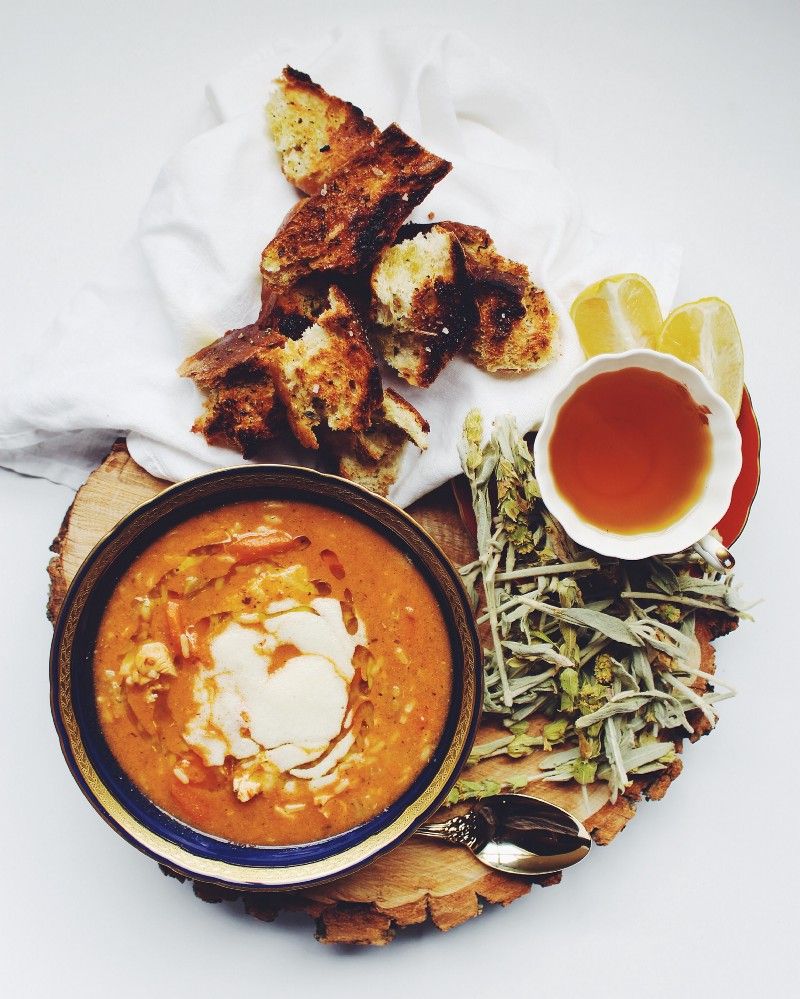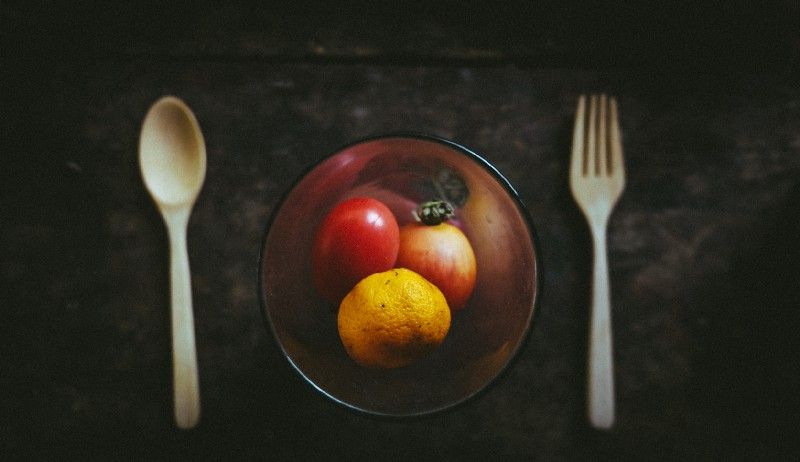There are three times a day when you can practice self-love.
Sure, sometimes mealtime is about sheer survival, like, “How quickly can I find lunch, eat it, and get back to work?” or, it’s on the other end of the spectrum, with a plateful of decadent pleasure and lavish reward. We try to aim for somewhere in the middle, with a heaping serving of energizing color and delicious crunch!

We all eat to survive, but it’s so much more than that.
How and when your next meal arrives on your plate can strengthen and nurture those positive vibes for yourself. According to the Center for Mindful Eating, mindfulness and self-compassion play a large role in establishing healthy eating habits and saying “Boy, bye” to guilt and shame on your plate.
Mealtime can be an opportunity to move away from patterns of self-doubt and shame, and instill confidence in yourself.

Some of the biggest inhibitors to success in your health goals and meal planning are time, cost, and energy.
Not only are there serious emotions involved around food, body image, and our eating habits, but basic logistical barriers can trip us up when we’re on track. Here are a few tricks we’ve learned over the years that help us tackle these blockades in one fell swoop of delicious self-love:
1. Plan ahead
Not only does meal prep save you time and money on the daily (no more mad dashes to the nearest bodega or deli), it can be a fun weekly cooking party you share with your kids, spouse, housemates, or friends. Taking an afternoon or evening each week to plan out a few meals gives future you some serious moments of gratitude for now you thinking ahead. Overnight oats or chia pudding with fresh fruit are great breakfast time savers, and if you’re on the Splendid Spoon program or meal swap, lunch is already taken care of! All you need to think about is how delicious (and nutritious) each bite’s gonna be.
2. Color your plate
The summer months are a bounty of fresh fruits and veggies teeming with juicy vibrance. Hit up your local farmers’ market on the weekend to stock pile your favorites or to try something new like tatsoi or kohlrabi. Eating more plant-based foods not only adds a wide variety of vitamins and nutrients to your diet, but it’s also cheaper. A recent study found that a plant-based meal plan costs less and doubles the intake of vegetables compared with one including lean animal protein.
3. Slow down
We can’t emphasize the importance of slow, mindful eating enough! Taking a moment of pause and meditation during each meal can have amazingly restorative physical benefits. Savor the flavors and textures on your tongue, chew thoroughly to increase digestion, breathe deeply, and hydrate well!
Loving yourself with each bite (even the ones that are a wee bit indulgent) will boost your mood and up your daily joy!
Sources:
Legault, Lisa, et al. “Preserving Integrity in the Face of Performance Threat
Oaklander, Mandy. “The Reason You Make Unhealthy Choices.” TIME, Sept 2014. Web. June 2016.
